Heterogenous compute isn’t a new concept. We’ve had it in phones and datacenters for quite a while – CPUs complemented by GPUs, DSPs and perhaps other specialized processors. But each of these compute engines has a very specific role, each driven by its own software (or training in the case of AI accelerators). You write software… Read More
AI Inference at the Edge – Architecture and Design
In the old days, product architects would throw a functional block diagram “over the wall” to the design team, who would plan the physical implementation, analyze the timing of estimated critical paths, and forecast the signal switching activity on representative benchmarks. A common reply back to the architects was, “We’ve… Read More
Learn About Implementing SmartNICs, an Achronix White Paper
We have all seen the announcements to provide ever-increasing network capabilities within the data centers. Enabling these advances are improvements in connectivity including SerDes, PAM4, optical solutions, and many others. It seems 40G is old news now, and the current push is for 400G – things are changing very quickly.… Read More
Webinar: Using Embedded FPGA to Improve Machine Learning SOCs
By its very definition, machine learning (ML) hardware requires flexibility. In turn, each ML application has its own fine grain requirements. Specific hardware implementations that include specialized processing elements are often desirable for machine learning chips. At the top of the priority list is parallel processing.… Read More
eFPGA – What a great idea! But I have no idea how I’d use it!
eFPGA stands for embedded Field Programmable Grid Arrays. An eFPGA is a programmable device like an FPGA but rather than being sold as a completed chip it is licensed as a semiconductor IP block. ASIC designers can license this IP and embed it into their own chips adding the flexibility of programmability at an incremental cost.… Read More
An evolution in FPGAs
Why does it seem like current FPGA devices work very much like the original telephone systems with exchanges where workers connected calls using cords and plugs? Achronix thinks it is now time to jettison Switch Blocks and adopt a new approach. Their motivation is to improve the suitability of FPGAs to machine learning applications,… Read More
Flex Logix InferX X1 Optimizes Edge Inference at Linley Processor Conference
Dr. Cheng Wang, Co-Founder and SVP Engineering at Flex Logix, presented the second talk in the ‘AI at the Edge’ session, at the just concluded Linley Spring Processor Conference, highlighting the InferX X1 Inference Co-Processor’s high throughout, low cost, and low power. He opened by pointing out that existing inference solutions… Read More
Real Time Object Recognition for Automotive Applications
The basic principles used for neural networks have been understood for decades, what have changed to make them so successful in recent years are increased processing power, storage and training data. Layered on top of this is continued improvement in algorithms, often enabled by dramatic hardware performance improvements.… Read More
FPGA Landscape Update 2019
In 2015 Intel acquired Altera for $16.7B changing one of the most heated rivalries (Xilinx vs Altera) the fabless semiconductor ecosystem has ever seen. Prior to the acquisition the FPGA market was fairly evenly split between Xilinx and Altera with Lattice and Actel playing to market niches in the shadows. There were also two FPGA… Read More
Menta eFPGA Conquer Eu Processor and 5G in China
During 2018, Menta looked quiet if you consider communication as the main indicator of activity. In fact, the eFPGA vendor was hyper-active in developing future business and reports two main design-win. The first is with the European Processor Initiative (EPI) and Menta has announced in December 2018 that it has been selected… Read More






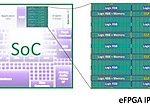
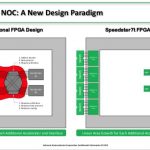
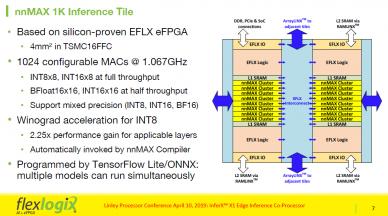
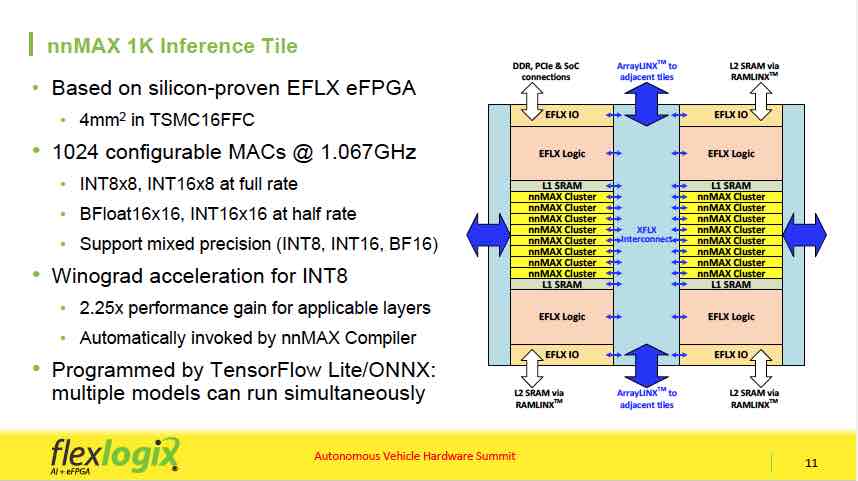
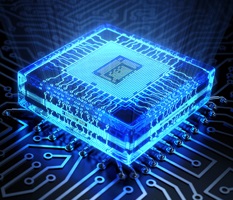
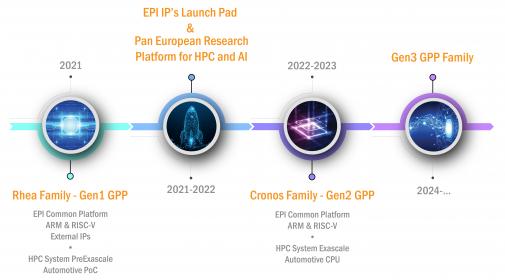
TSMC vs Intel Foundry vs Samsung Foundry 2026